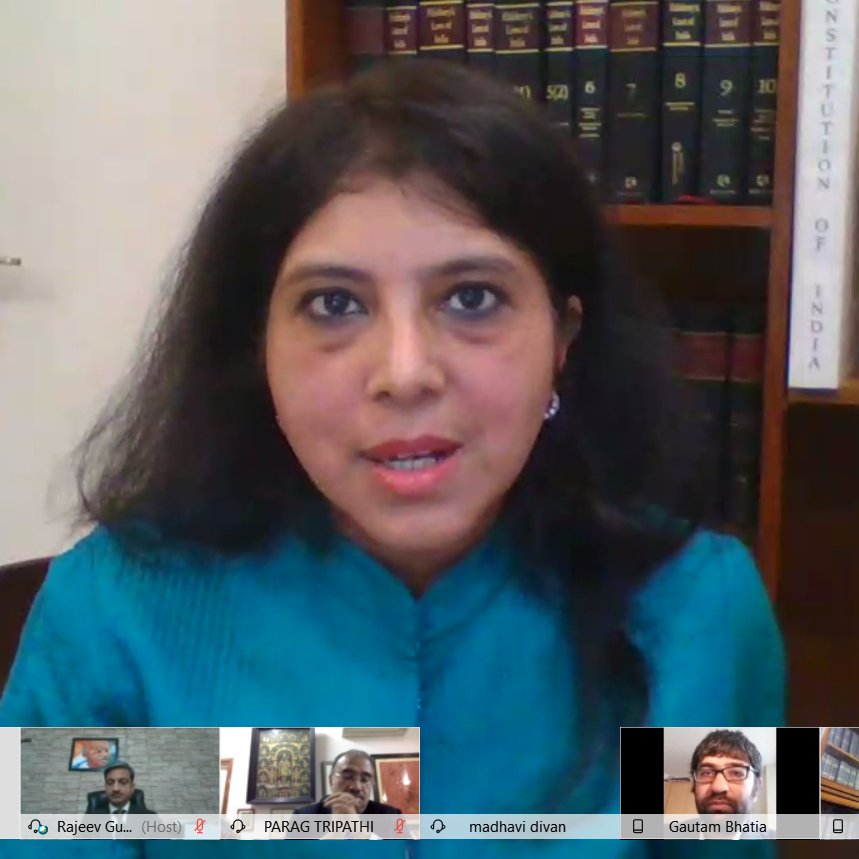#AdamSmith, #WealthOfNations, and #CornLaws!
What more could you possibly want on a Saturday morning? (IV.v.b) #WealthOfTweets #SmithTweets

They’re bad. (IV.v.b.1) #WealthOfTweets #SmithTweets

1) Inland traders
2) Importers
3) Exporters
4) Transporters (IV.v.b.2) #WealthOfTweets #SmithTweets
That's bad. (IV.v.b.3) #WealthOfTweets #SmithTweets
That's bad. (IV.v.b.3) #WealthOfTweets #SmithTweets
It's the #InvisibleHand at work. That's good! (IV.v.b.3) #WealthOfTweets #SmithTweets

You get dearth from war and bad weather.
You get famine from government interference. (IV.v.b.5–6) #WealthOfTweets #SmithTweets
People don't like it, but free trade is the only solution. (IV.v.b.7) #WealthOfTweets #SmithTweets
They seem, to Smith, to be the most hated of all merchants in history. (IV.v.b.8–10) #WealthOfTweets #SmithTweets
We, the SmithTweeters, regret to fill you in about the prejudices of your descendants, Dr. Smith. (IV.v.b.11) #WealthOfTweets #SmithTweets
Manufactures were forbidden to sell their wares directly. Farmers were required to. (IV.v.b.12–14) #WealthOfTweets #SmithTweets
That makes corn more expensive, which was the opposite of what the laws intended! Oooooops. (IV.v.b.17) #WealthOfTweets #SmithTweets

American SmithTweeters agree! (IV.v.b.23–26) #WealthOfTweets #SmithTweets

Then he says, “I have no great faith in political arithmetic.”
Moving on. (IV.v.b.27–30) #WealthOfTweets #SmithTweets

That’s good!
Corn farmers and merchants disagree for reasons Smith has been explaining for some time now, but high import duties lead to want and scarcity. (IV.v.b.32–35) #WealthOfTweets #SmithTweets
Unless farmers are allowed to export, they’ll be too cautious about planting more than they can sell. Failed crops, etc. will lead to an undersupply. (IV.v.b.36) #WealthOfTweets #SmithTweets
(You should see our international SmithTweeting rates!) (IV.v.b.38) #WealthOfTweets #SmithTweets
https://t.co/dc9Y96eoj0

That's bad.
A country that serves as a storehouse will never starve! (IV.v.b.41–42) #WealthOfTweets #SmithTweets
More from @AdamSmithWorks
We can take comfort, though, in knowing that the chapter #AdamSmith says is about colonies is, in fact, about colonies. (IV.vii) #WealthOfTweets #SmithTweets

Colonies were a vexed subject when #AdamSmith was writing, and they’re even more complicated now. So, before we even get to the tweeting, here’s a link to that thread on Smith and “savage nations.” (IV.vii) #WealthOfTweets
We have to pause now, because we have to have a whole new tweet thread on #AdamSmith and \u201csavage nations,\u201d because he\u2019s going to keep using this kind of phrase, so we need to talk about it. #WealthOfTweets #SmithTweets
— @AdamSmithWorks (@adamsmithworks) January 4, 2021
The reason for the ancient Greeks and Romans to settle colonies was straightforward: they didn’t have enough space for their growing populations. Their colonies were treated as “emancipated children”—connected but independent. (IV.vii.a.2) #WealthOfTweets #SmithTweets
(Both these things are in contrast to the European colonies, as we'll see.) (IV.vii.a.2) #WealthOfTweets #SmithTweets
Ancient Greeks and Romans needed more space because the land was owned by an increasingly small number of citizens and farming and nearly all trades and arts were performed by slaves. It was hard for a poor freeman to improve his life. (IV.vii.a.3) #WealthOfTweets #SmithTweets
More from Law
Less schadenfreude, more "what now?" https://t.co/a0oTwblBHB

BREAKING: The @SEC_News intends to sue @ripple over its sale of XRP, alleging the cryptocurrency is an unregistered security according to @bgarlinghouse.@nikhileshde reportshttps://t.co/7Z3KSWk7dn
— CoinDesk (@CoinDesk) December 22, 2020
2/ First of all, the USG is going to lose.
I don't even need to read the complaint. They might force a settlement, but they're outclassed on legal.
Remember Ripple engaged former SEC Chair Mary Jo White in a civil matter in 2018. A hint of their
3/ Second, the USG should lose.
The SEC restrictions on non-accredited investors; the ridiculous Howey test; 80 year old securities law like the "40 Act" all need to die in fire. They are un-American and completely outdated.
I hope Ripple wins. (WUT?)
4/ Third, it's incumbent upon industry to self-police and hold the moral high ground.
I give certain individuals A's and others F's, but as a whole, the most powerful people and companies generally take a Swiss neutrality stance on assets.
So we're effectively in this together.
5/ We're "in this together" to draw lines of regulatory demarcation.
XRP as a "security" further hurts the U.S. businesses while global comps will continue to make these markets.
XRP as a security also means other assets will meet the same fate. At least Ripple has $ to fight.
New out 🤯 A review which says lots about the academic context in which it was written - with its embedded behaviorist fixations on just implementing *better* - with complete disregard for the unintended consequences of treating "agency" as a dirty word
In all #becausehuman fields, we see justifiable professional kick-back at reductionist agendas driven by a focus on #obesity & nonsensical CMO guidance of 60 min of moderate-to-vigorous physical activity (MVPA) per day for healthy growth and development
If we're going to "Bring the Early Years Expert out of the Shadows" we might start by linking #ECSDNConference2021 practitioners with @greg_dryer / @meaningfulPE in critique of the nonsensical CMO "60 minute" guidelines. PLEASE review @fhcappg session \U0001f447https://t.co/CFC61gNrsG https://t.co/I2mO6BwcZ0 pic.twitter.com/KFC65fSKco
— Greg Spencer (@SingleBlade1) January 22, 2021
What's fundamentally missing is not just a respect for complexity. It's respect for Homo-Narrans - for the ordinary, everyday story-telling folk all around us whose aspirations & dispositions provide the context in which we find meaning, purpose & value
We don't need spurious arguments against initiatives... but let's consider ethics & unintended consequences - on which, see @snowded (especially around epistemic justice) #becausehuman
https://t.co/gu97xDEamB
https://t.co/E1GzCdCfLA
https://t.co/bKowDAgARQ
https://t.co/evzYMBPwvZ



























